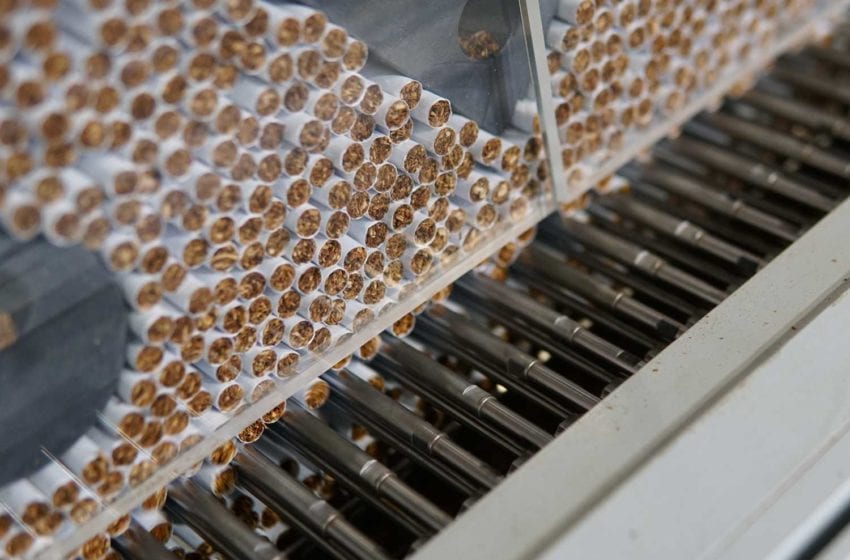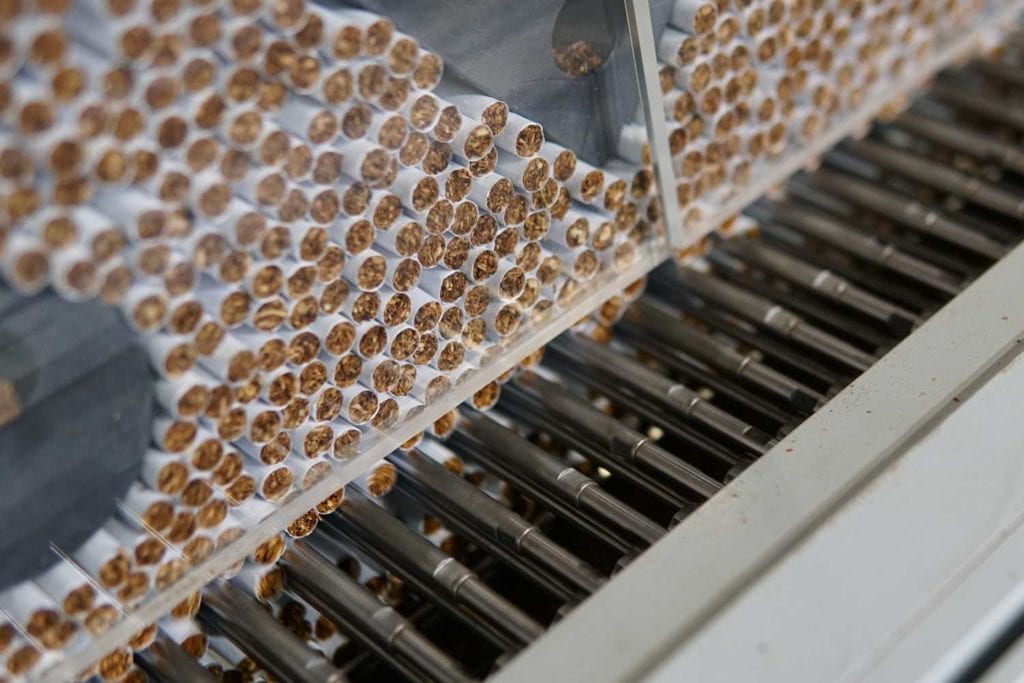
The government of Ireland wants to strengthen the four-month-old EU ban on menthol cigarettes to stop tobacco companies side-stepping it. The Health Service Executive (HSE) is investigating tobacco companies over the issue.
Introduced on May 20, the EU measure aims to prevent “characterizing flavors” in cigarettes to make them less attractive to children and help smokers quit.
Japan Tobacco International (JTI) has admitted it still adds some menthol to products, including a new Silk Cut Choice Green that was among a suite of new brands it introduced into the Irish market after the ban. However, JTI insists it is in full compliance with the ban because, it claims, the additive doesn’t make its new brand taste or smell of menthol.
JTI’s new brands scooped up 5 percent of Ireland’s €1.8 billion ($2.12 billion) cigarette market in their first month, according to industry data.
After complaints from anti-smoking groups and rival tobacco companies that retired their menthol blends, the HSE said in June it would cooperate with European authorities on the issue.
Across Europe, tobacco companies have been introducing alternatives to their discontinued menthol brands. Governments have criticized tobacco companies for trying to get around the ban.
Health Minister Stephen Donnelly noted the directive is being reviewed at EU level and said he would strongly support any revisions to the directive that would ensure that the provision in relation to the menthol ban is “robust.”
The market for menthol cigarettes was worth €250 million prior to the ban.






















